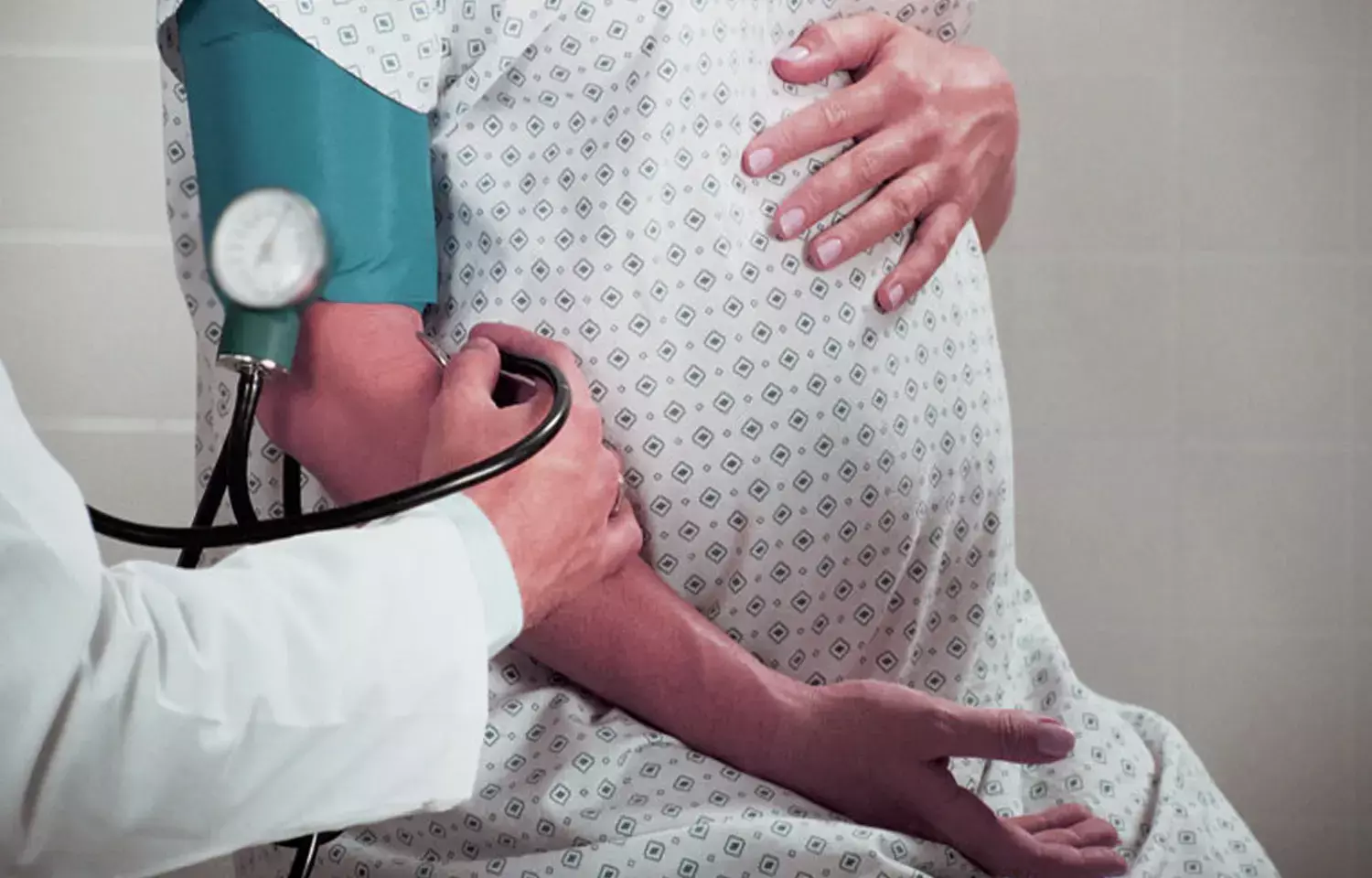- Home
- Medical news & Guidelines
- Anesthesiology
- Cardiology and CTVS
- Critical Care
- Dentistry
- Dermatology
- Diabetes and Endocrinology
- ENT
- Gastroenterology
- Medicine
- Nephrology
- Neurology
- Obstretics-Gynaecology
- Oncology
- Ophthalmology
- Orthopaedics
- Pediatrics-Neonatology
- Psychiatry
- Pulmonology
- Radiology
- Surgery
- Urology
- Laboratory Medicine
- Diet
- Nursing
- Paramedical
- Physiotherapy
- Health news
- Fact Check
- Bone Health Fact Check
- Brain Health Fact Check
- Cancer Related Fact Check
- Child Care Fact Check
- Dental and oral health fact check
- Diabetes and metabolic health fact check
- Diet and Nutrition Fact Check
- Eye and ENT Care Fact Check
- Fitness fact check
- Gut health fact check
- Heart health fact check
- Kidney health fact check
- Medical education fact check
- Men's health fact check
- Respiratory fact check
- Skin and hair care fact check
- Vaccine and Immunization fact check
- Women's health fact check
- AYUSH
- State News
- Andaman and Nicobar Islands
- Andhra Pradesh
- Arunachal Pradesh
- Assam
- Bihar
- Chandigarh
- Chattisgarh
- Dadra and Nagar Haveli
- Daman and Diu
- Delhi
- Goa
- Gujarat
- Haryana
- Himachal Pradesh
- Jammu & Kashmir
- Jharkhand
- Karnataka
- Kerala
- Ladakh
- Lakshadweep
- Madhya Pradesh
- Maharashtra
- Manipur
- Meghalaya
- Mizoram
- Nagaland
- Odisha
- Puducherry
- Punjab
- Rajasthan
- Sikkim
- Tamil Nadu
- Telangana
- Tripura
- Uttar Pradesh
- Uttrakhand
- West Bengal
- Medical Education
- Industry
High diastolic BP in women with pre-eclampsia linked to development of eclampsia: Study

Pre-eclampsia along with complications of pulmonary oedema has reported up to 50% of maternal deaths related to pre-eclampsia. Pre-eclampsia, is pregnancy-specific disease that involves development of de-novo hypertension and end organ dysfunction.
Dr Pauli Van Heerden and their team have found in a new study that When diagnosed with pre-eclampsia, women with pulmonary oedema had increased systolic blood pressures and women with eclampsia had increased diastolic blood pressures compared to pre-eclampsia controls.
The objective of the study was to evaluate whether blood pressure and change in blood pressure measurements during pregnancy were associated with eclampsia or pulmonary oedema among women with pre-eclampsia.
The researchers designed an observational study of women with eclampsia, pre-eclampsia complicated by pulmonary oedema and pre-eclampsia without end-organ complications (pre-eclampsia controls) at a large referral center in Cape Town, South Africa. Blood pressure measurements at presentation for antenatal care were compared to measurements after a diagnosis of pre-eclampsia. Mean blood pressures and changes in blood pressures were also calculated and compared between groups at different time points. A sub analysis including women who presented for antenatal care before 20 weeks of gestation was performed.
The researchers found that women diagnosed with pre-eclampsia, women with pulmonary oedema had increased systolic blood pressures and women with eclampsia had increased diastolic blood pressures compared to pre-eclampsia controls. No differences in blood pressure measurements were seen in early pregnancy between women who later developed eclampsia or pulmonary oedema compared to pre-eclampsia controls.
The researchers concluded that "Blood pressure measurements in early pregnancy do not seem useful as a risk factor for the development of eclampsia or pulmonary oedema among women diagnosed with pre-eclampsia. Increased systolic or diastolic pressure at diagnosis of pre-eclampsia may be useful as a risk factor for the development of pulmonary oedema or eclampsia. Further research is needed to confirm these findings." They also stated that identifying women who have had an increase in systolic or diastolic pressure at diagnosis of pre-eclampsia might help triage those who would need magnesium sulphate to prevent eclampsia and those with whom intensive blood pressure control is needed to prevent pulmonary oedema. Identifying women at higher risk for these complications may enable limited resources to be used more efficiently.
For further information:
Pauli Van Heerden, Catherine A. Cluver, Karl Bergman, Lina Bergman "Blood pressure as a risk factor for eclampsia and pulmonary oedema in pre-eclampsia" Pregnancy Hypertension: An International Journal of Women's Cardiovascular Health 26 (2021) 2–7.
Medical Dialogues consists of a team of passionate medical/scientific writers, led by doctors and healthcare researchers. Our team efforts to bring you updated and timely news about the important happenings of the medical and healthcare sector. Our editorial team can be reached at editorial@medicaldialogues.in.
Dr Kamal Kant Kohli-MBBS, DTCD- a chest specialist with more than 30 years of practice and a flair for writing clinical articles, Dr Kamal Kant Kohli joined Medical Dialogues as a Chief Editor of Medical News. Besides writing articles, as an editor, he proofreads and verifies all the medical content published on Medical Dialogues including those coming from journals, studies,medical conferences,guidelines etc. Email: drkohli@medicaldialogues.in. Contact no. 011-43720751


